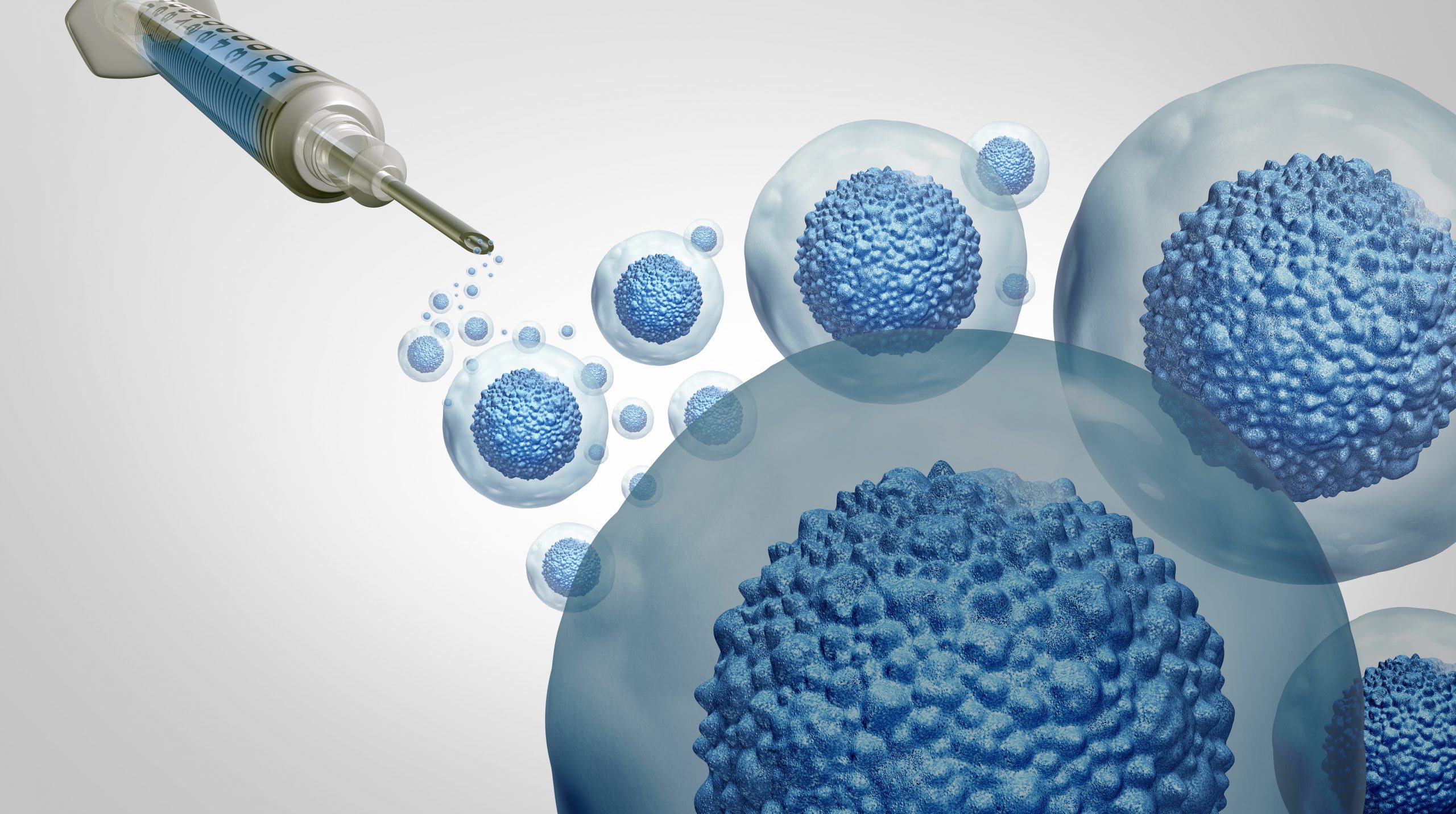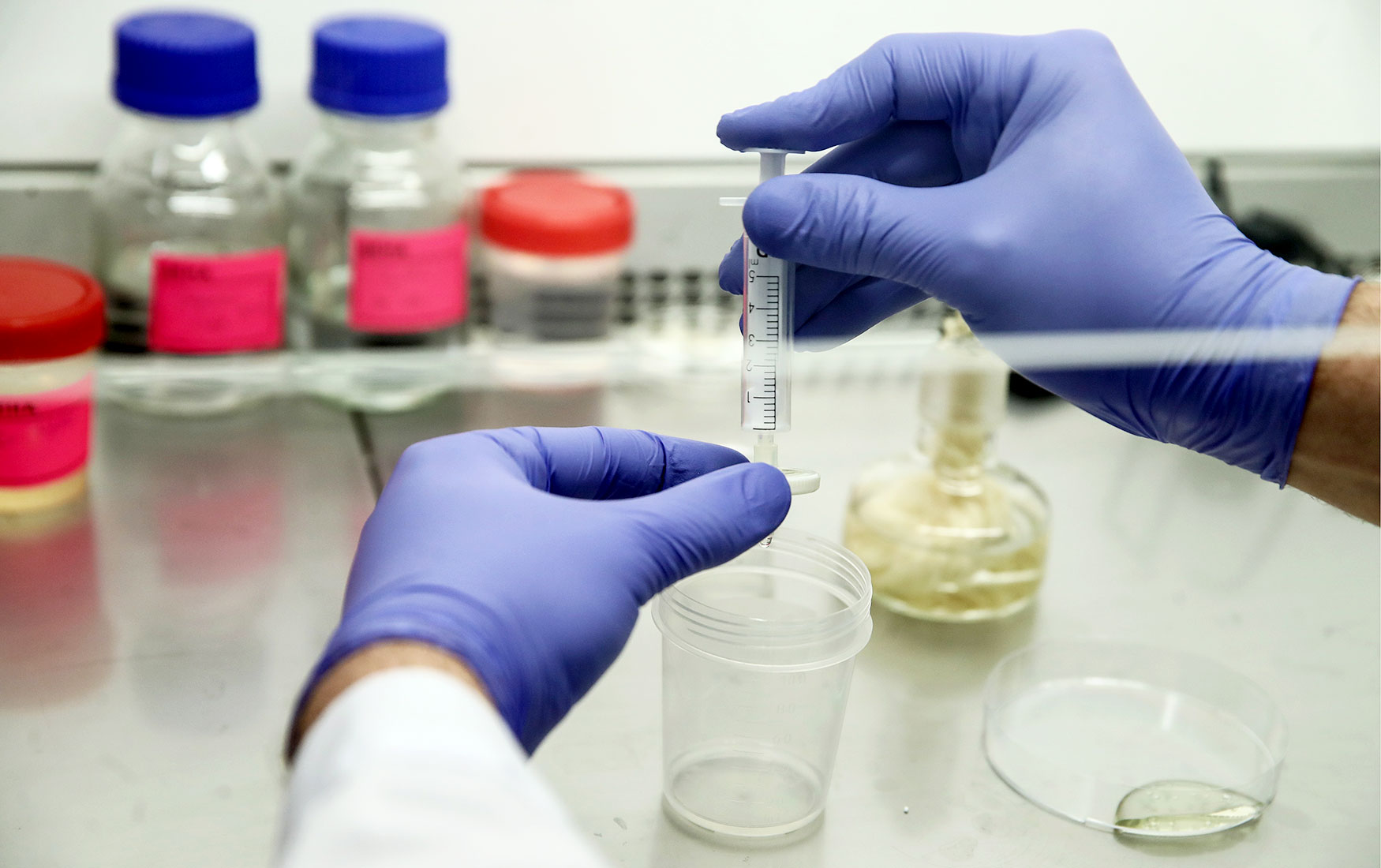
What are Stem Cells?
Stem cells are the body's master cells, possessing the unique ability to develop into various specialized cell types. They hold immense promise in repairing, restoring, and regenerating damaged tissues and organs. Harnessing this potential opens a world of possibilities for treating a wide range of conditions and diseases.

Our Approach
Our team of experienced medical professionals employs state-of-the-art techniques to harness the power of stem cells in addressing diverse medical challenges. We tailor our treatments to each patient, ensuring personalized care that aligns with individual needs and conditions.

Conditions We Treat
We specialize in treating a spectrum of conditions, including but not limited to neurological disorders, autoimmune diseases, orthopedic injuries, cardiac conditions, and more. Through ongoing research and clinical expertise, we continually expand the frontiers of what stem cell therapy can achieve.
Why Choose Us?
- Expertise: Our team comprises skilled physicians, researchers, and healthcare professionals dedicated to delivering the highest standard of care.
- Innovation: We stay at the forefront of medical advancements, integrating the latest technology and research into our treatments.
- Compassionate Care: We prioritize patient well-being, providing support and guidance throughout the treatment journey.
- Results-Oriented: We aim for tangible outcomes, striving to improve quality of life and promote healing.

Blog
Exploring the Wonders of Etomethazine: A Journey into the Realm of Sedatives
In the bustling world of pharmaceuticals, where innovations and breakthroughs
Methylone: The Chemical Chameleon
In the world of chemistry, few compounds can match the
Unraveling the Enigma of BMK Ethyl Glycidate: A Rollercoaster Ride through Chemistry and Innovation
In the vast landscape of chemical compounds, few captivate the
The Dance of Chemistry: Unraveling the Synthesis of Dextroamphetamine
In the grand symphony of chemistry, there are compositions that
From Chemical Curiosity to Illicit Temptation: The Story of P2NP Synthesis
Introduction: The Siren Song of Synthesis In the shadowy realm
Unraveling the Flakka Fusion: A Synthesis Saga
In the realm of synthetic drugs, where every compound seems
